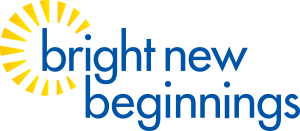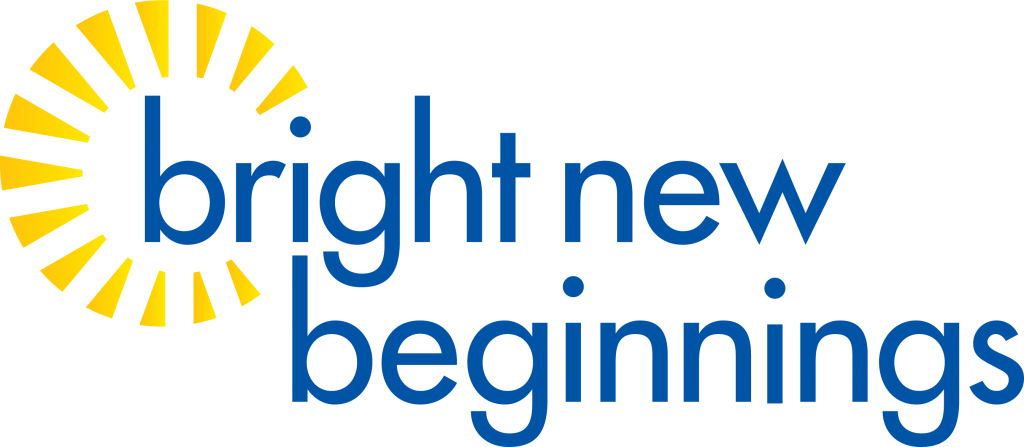FAQs
Common Questions
Why choose Bright New Beginnings for addiction recovery?
Bright New Beginnings has been treating addiction in the Louisville community for over a decade, with a holistic evidence-based approach designed to yield life-long results. We are one of the few Board-Certified medication-assisted treatment centers in the region. We offer individualized outpatient treatment in a private therapeutic setting, perfect for working professionals.
What do I need to do to be ready for MY first visit?
Do not use any opioids (pain pills, heroin, etc.) within 12 hours of your appointment, or you risk getting very sick with treatment.
I’M A LITTLE OVERWHELMED. WHAT DOES A FIRST VISIT LOOK LIKE?
What does “induction” mean?
What does “stabilization” mean?
How often are my appointments?
In order to be compliant with state and federal laws, new patients being induced will need weekly appointments for one month and then three visits in the second month. After that, if recovery is going well, appointments may be monthly. Transfer patients may have a different schedule.
Is buprenorphine a “wonder drug?”
Isn’t this just changing one drug addiction for another?
What are names of medications used to treat opioid misuse/addiction?
Suboxone, Zubsolv, Bunavail are all oral, either sublingual (beneath the tongue) or buccal (applied to inner cheek). Those are all combinations of buprenorphine and naloxone
- Generic—buprenorphine/naloxone films or tabs
- Sublocade—monthly injection
- Vivitrol—monthly injection (relapse prevention)
What is the role of naloxone?
Why don’t you take insurance?
Will insurance cover my medications?
What does taper mean?
How long does treatment last?
This is highly individualized. Scientific data supports that it takes approximately 18 months for your brain to rewire and heal from chronic opioid use. However, that time frame only addresses the physical component, not the spiritual and emotional components of addiction. Some people need less time, some need more.
What is relapse prevention?
Many people get nervous as their medication is tapered. Relapse prevention is strategies to help you avoid—you guessed it—relapse, or preventing a lapse in judgment from becoming a major setback. Antabuse, naloxone, and vivitrol are all meds that assist behavioral modifications in this phase.
Are your treatments limited to opioids?
No—Treatment plans are overseen by a physician Board-Certified in addiction. We also address nicotine and alcohol. Behavioral addictions, like gambling, eating, etc., generally require more comprehensive inpatient treatment approaches.
How quickly can I get started?
When you call us, you have already started. Call 502-608-3199
Where can I get more helpful information for me or a loved one?
The Substance Abuse and Mental Health Services Administration (SAMHSA) website has lots of information. www.samhsa.gov/medication-assisted-treatment.

